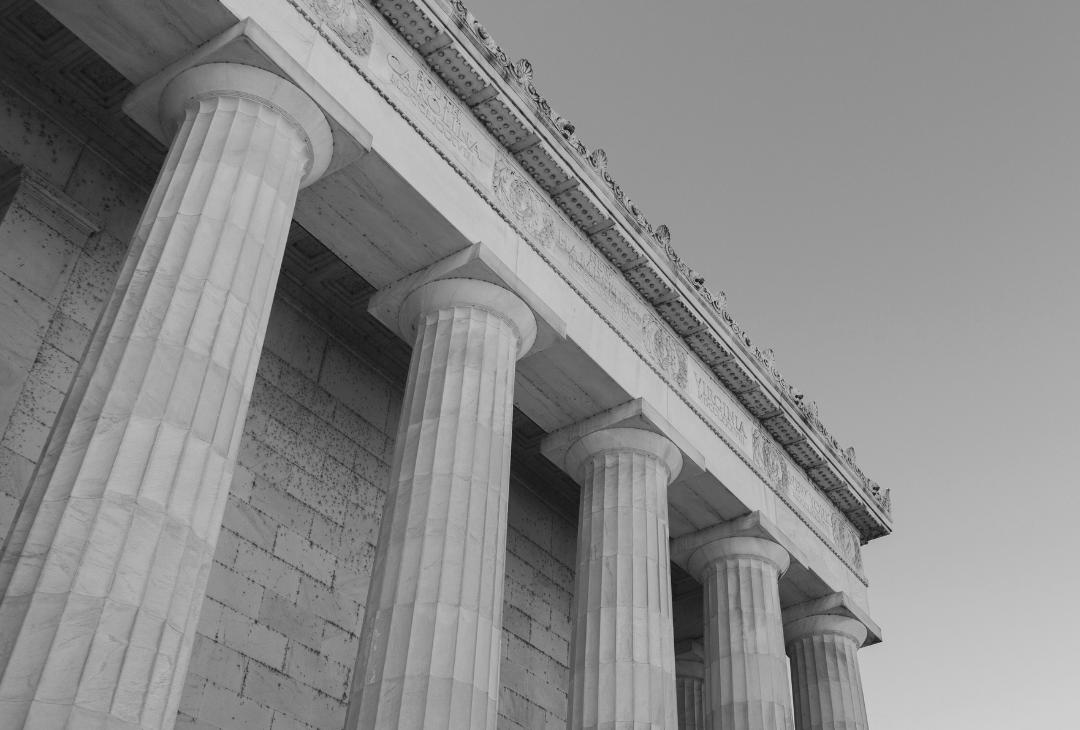Special Feature: Ten Reasons Why You Should Stay Away from Gold ETFs! (Part II)

In this part – if you missed Part I, please click ,here – Frank covers reasons 6-10 of why you should stay away from a Gold ETF like GLD. If nothing else, always read the fine print and make sure you are going into the right “kind” of precious metals for you:
6. Custodians not overseen or held accountable - “Neither the Shareholders nor any Authorized Participant has a right under the Custody Agreements to assert a claim of the Trustee against the Custodian or any subcustodian; claims under the Custody Agreements may only be asserted by the Trustee on behalf of the Trust.” Only the Trustee has any means of recourse. However, then the prospectus says the following:

Source: Prospectus SPDR® Gold Trust
So, investors are not insured against loss. Okay. But, if no monitoring of custodians takes place, what kind of checks and balances really exist? Operationally, there are no agreements with the sub custodians and British law may limit any form of recourse. The prospectus states the following:

Source: Prospectus SPDR® Gold Trust
7. The issuers are NOT interested in protecting the strength and value of GLD - Most gold and silver ETFs are created by financial giants such as JP Morgan, HSBC or Barclay's Bank that also serve as custodians and sub-custodians. They have glaring conflicts of interest. These are the very firms that have long been engaged in short selling gold and silver in huge quantities. Their involvement in creating ETFs that are physically backed by REAL precious metals has to be considered quite implausible, unless they have a hidden agenda and highly questionable purposes.
8. The gold is NOT protected from the custodian’s insolvency - In the case of a custodian’s or a sub-custodian’s insolvency, your investment is not protected or insured in any way. You bear the risk entirely. It is not segregated from the custodian’s balance sheet and thus it is exposed to the bank’s creditor obligations.
To put it plainly: If there is any gold in storage (which at this point, you likely realize is questionable), YOU don’t really own it. Contrary to investing in a stock, for instance, where you own an actual share of a company, with GLD you own nothing more than a claim to the gold -- a promise -- which completely and entirely hinges on the financial health of the custodian. If you want to invest in gold to protect yourself from a financial crisis, the last thing you want is to depend on the promise of a bank and on the survival of the likes of JP Morgan.

Source: Prospectus SPDR® Gold Trust
9. Trust holdings not segregated – While the GLD fund attempts to resemble a fully allocated and fully backed gold fund, the language of the prospectus intermingles allocated definitions with language related to unallocated storage. Ultimately, I come to the conclusion that GLD is anything but allocated. In one instance, the prospectus admits outright, that the gold is not segregated from the other holdings of the custodian, which of course again raises all kinds of question marks. For one: if you offer allocated physical metals, fully backed, why would you not go to the minimum effort of segregating that lot of gold physically?...
Here is what the prospectus says – make up your own mind…:

Source: Prospectus SPDR® Gold Trust
10. GLD is NOT protected from the whims of the US government - As mentioned above, GLD is a Wall Street product, which translates into high exposure to Washington. The institutions on Wall Street are backed by the government. Programs run by them provide ZERO protection against confiscation or any other form of financial repression and regulatory shenanigans.
In summary, the SPDR® Gold Trust prospectus makes very clear that you are not protected from anything. YOU bear all the risks:
- the lack of adequate sources of recovery
- the failure to meet the London Good Delivery Standards
- the failure of sub-custodians to exercise due care in their safekeeping
- the risks of leasing out gold, which is allowed in the prospectus
- the insolvency of the Custodian
- etc. etc. etc.
Assuming you are interested in true gold ownership and solid preservation of wealth, GLD and most other ETFs are NOT what you need. GLD is issued by the institutions that gave us subprime CDOs, auction rate securities, and other supposedly safe instruments. Remember Wall Street’s AAA securities that were “as good as cash”? What are the chances of GLD turning out to be as “safe” as their AAA-rated toxic waste?

What about the ZKB Gold ETF?
As mentioned above, if you prefer an ETF over a truly allocated gold solution such as those offered by Global Gold -- for whatever reasons you might have -- then at least invest in an ETF that is in fact (largely) backed by gold. In that regard, despite the drawbacks that we will comment on below, the ETF issued by the Cantonal Bank of Zürich (ZKB) can be considered as generally solid.
The ZKB Gold ETF is similar to ,the Global Gold program in a few ways: it is backed by physical metals, or ‘good delivery bars’ as defined by the LBMA (London Bullion Market Association). It offers all four precious metals: gold, silver, platinum, palladium. Storage is regularly audited and the gold is fully insured.
However, as with any other ETF, you don‘t really OWN the physical precious metals in storage. You only have a CLAIM to the metals held in storage. Therefore, your investment still depends on the financial health of a bank.
Furthermore, you don’t have a distinctly allocated product; you don’t have a claim to specific piece, like a 1kg gold bar or 1ozt Krugerrand coin. Instead, you own units/fractions of bullion bars. In the case of the ZKB Gold ETF, it is 12.5 kilo gold bars. Physical delivery is only possible in this format of 12.5 kilo bars (currently worth approx. USD 600,000).
Also, like all ETFs, the ZKB ETF is considerably opaque when it comes to pricing and the percentage of actual holding of the underlying metals per unit of the fund. As ETFs like to brag about their transparency, we invite you to contact the issuers and ask for details on the actual spreads, product costs or weight of precious metals of your transaction. You will run into a wall of vague responses and likely end up with more questions than answers, just as we did.
Finally, just like all the rest, this ETF has cash settlement clauses too. In the case of a crisis or “irregular markets”, it is at the fund’s discretion to pay you in cash instead of physical metals. The ZKB prospectus makes very clear that it is not geared towards investors interested in solid, crisis-proof protection.
What happens, for example, if many of the investors want to sell and/or request delivery all at once? Far from a mere thought experiment that one shouldn’t really worry about, that’s precisely the scenario one would expect in a financial meltdown!
Here’s an excerpt from the Prospectus, which we unfortunately only found in German:
- “Die Fondsleitung kann im Interesse der Gesamtheit der Anleger die Rückzahlung der Anteile vorübergehend und ausnahmsweise aufschieben, wenn:
- “Der Goldhandel in New York, welcher Grundlage für die Bewertung des Fondsvermögens bildet, geschlossen ist oder wenn der Goldhandel in New York beschränkt oder ausgesetzt ist;
- “Ein politischer, wirtschaftlicher, militärischer, monetärer oder anderer Notfall vorliegt;
- “Wegen Beschränkungen des Devisenkurses oder Beschränkungen der Übertragung oder Veräusserbarkeit von Gold oder flüssigen Mitteln Geschäfte für den Anlagefonds undurchführbar werden;
- “Zahlreiche Anteile gekündigt werden und dadurch die Interessen der übrigen Anleger wesentlich beeinträchtigt werden können.“
For those who don’t speak German, let us summarize what this practically means:
The fund may be suspended temporarily at the discretion of the fund’s managers if gold trading in New York is interrupted for some reason; if a political, economic, military, monetary or other emergency (this pretty much covers it all) occurs; in case of a large number of redemptions, which might harm the interests of the other investors in the fund.
Obviously, although it is a more solid ETF solution by comparison to its peers, the ZKB ETF too is just another bank solution that will absolutely fail to meet the needs of prudent investors looking to protect themselves from a severe crisis scenario.
Conclusion – Keep it REAL!
It’s interesting how the official name of GLD, the SPDR Gold Trust, includes the word “trust”. That is indeed the only basis upon which one might decide to invest in GLD, as there are no safety nets in that product… It would thus be advisable to opt for a mode of gold investment that has more substance to it.
In conclusion, if you are investing in gold as a hedge against a financial crisis, you want to stay away from the Wall Street tribe and those who will inevitably be at the epicenter of said crisis. The only sensible way to own gold for that purpose is to own physically allocated product in a direct, unencumbered and REAL way. In other words, don’t buy Wall Street when that is precisely what you are protecting yourself from…





